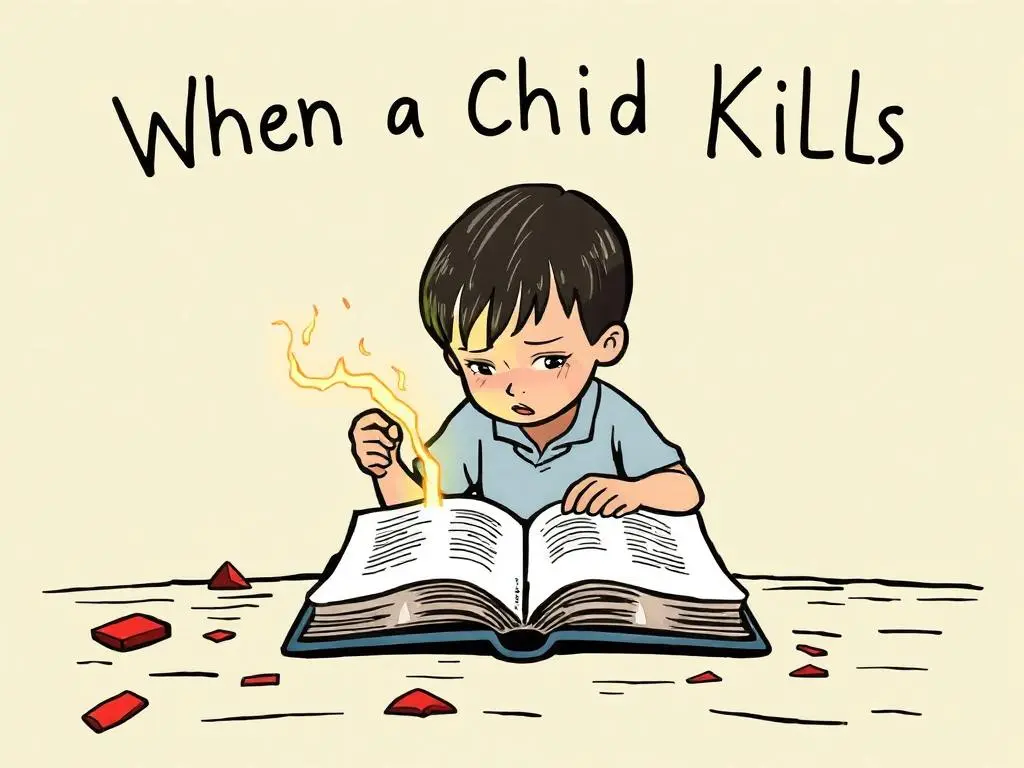From New York to Barcelona, a Poet With His Eye on Politics

LIVING WEAPON
By Rowan Ricardo Phillips
Rowan Ricardo Phillips is a middle-aged poet with young-poet awards behind him. “Living Weapon,” his third book of poetry, takes a view of contemporary life in ways not very different from “The Faerie Queene,” though in Spenser the ideas outrun the rhetoric, and in Phillips the rhetoric outruns the ideas. He has a talent for absurdist fables that might have come out of James Tate’s vest pocket:
It’s late. History promises you a kiss
When she comes to bed. So you say good night.
You’re tired and can’t keep your eyes open,
So you called it surprisingly early.
She, like every night this summer, stays up
To watch her shows.
A tinge of sorrow — and, deeper, horror — rises at the close: “Nothing came to you because you were / Owed absolutely nothing. Not even / The growing indifference in her voice.” A poet who can keep airy romance (with everyone’s favorite mistress, History) in the traces with the apathy of history should be able to do most anything.
Phillips has a brooding eye that can render landscapes as more than pretty passages of nature:
That on the silent horizon, something
Not a sunrise rose, half itself and half
The horizon, dragging its bulk, its lights
And salts, from under shifting sheets of sea.
Such advantages shouldn’t be wasted, yet in many poems all that’s ventured is not gained. Is the not-sunrise the sort Coleridge might have seen through an opium haze, or a thing far worse, like a hydrogen bomb? After that striking opening, the poem wanders off into the wilderness of untethered metaphor, less and less about this non-sunrise something-or-other and more and more about the art of arty language: “An ancient flinch / In an ancient sun mirrored and made / Into la, the void in the voice, the voice / In the void, lala.”
There’s far too much lala-ing in this book. A few poems live in the real city of New York and act accordingly. Four cops walk into a cellphone store. Great premise, but the poem seems paid by the word, the poet tracking every gesture for an anecdote never as necessary as his dedication to nuance suggests. Phillips wants to say something about authority, and threat, and the violence that seeps through the bulletproof vest; but what the poor reader gets verges on caricature: “Grim-waisted, he dawdles / Past the digital tablets and begins testing the weight / Of oversized smartphones.” Grim-waisted?
It’s hard for a poet to drag in politics without becoming an op-ed writer or a screaming nutter on a Wall Street sidewalk. Yeats and Auden wrote politics into poetry, as did Heaney; but none of the political poetry now cluttering up the shelves has even the quiet devastation of Elizabeth Bishop’s “Pink Dog” and “The Burglar of Babylon,” whispering of consequence while the reader is distracted.
“Nude Figure” pictures a girlfriend naked, though the syntax is slightly confusing, the speaker’s mind apparently both the “last panther in the hills” and a “blue sleeveless blouse with a gold zipper.” The girl might have been wearing the blouse; but the syntax says otherwise, and syntax is the poet’s devil. Any subtlety goes for naught, because soon the speaker says:
All I once knew of the world now fills
With lies and fear and terror, flies past us
And dies as you lie back, the last sentence
Ever spoken in the lost tongue of the poets
That went This was our planet, a past tense,
Some dot gerrymandered into fire.
This eco-apocalypse couldn’t persuade even a saint to stop using plastic straws. You can’t simply throw around hulking abstractions like “lies” and “fear” and “terror,” expecting the reader to mistake speechifying for wisdom. Aristotle seemed to understand that.
Neither do snippets from the headlines (“A man hauls crate after crate of rifles / Into a hotel. A child is shot dead / On the spot as he plays with a toy gun”) give the poet license to sneer:
Some small-town lawyer calls
The melting world a myth and yet believes
In prayer, that God hears and cares for him
And somehow, amid thirteen billion years
Of stars to care for, has time ….
The poet may be right, but he’s not offering argument — or, hell, poetry.
Poets often seem to move through the mists, certain where they’re going, sure the reader will dawdle behind. Alas, in Phillips’s new work I feel like Hansel and Gretel after losing their bread crumbs. “Living Weapon” begins and ends in prose, and the poems between come like a forced march in a manner infected by Wallace Stevens at his blowziest.
The book opens with a winged angel, a latter-day Icarus landing atop Freedom Tower, now One World Trade Center, which replaced the topless towers of New York. One could read a few uncomfortable meanings into this visitation, but Phillips prefers a scatty origin story that hangs in midair. Worse, buttered up with sentimental touches, the tale is cast in prose that would embarrass the freshmen in a composition course:
Early on the hottest day of the year, in the black but thinning darkness of morning, I saw the top of the new skyscraper peek through the gauze of lingering night’s sleepy electric glaze.
This lazy homage — or surrender — to hard-boiled crime fiction remains out of character, given the elegant, or at least canny, descriptions of which Phillips is capable.
Spenser said his epic was “clowdily enwrapped in Allegoricall devises,” but it’s never clear here whether the winged dude is a savior or just a messed-up kid with superpowers. Is this pseudo-Icarus the living weapon? He was born with wings, and as a child tried to cut them off. Wait! Isn’t that the back story of Angel, one of the original X-Men? The book tries hard to be both the debut issue of a new Marvel comic (blockbuster movie to follow) and a sermon on violence, guns, hatred, what have you. It’s tough to be one, much less both. You can, however, rip your titles from Galileo, T. S. Eliot, Dickens, Donne, Cocteau and DC Comics.
The 17-page anecdote that ends “Living Weapon” offers little enlightenment, apart from the brilliant lines: “Barcelona is no paradise. Barcelona is Boston with better weather. Barcelona is Boston if Boston had lost the war.” In other words, if the Patriots had lost the Revolutionary War, the British would be taking their holidays in Boston. Such stray pleasures are typical of this often frustrating book.




